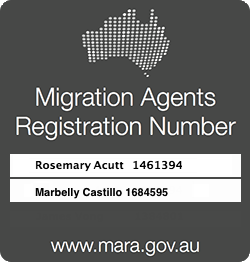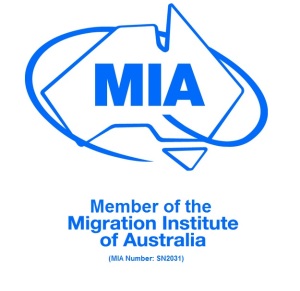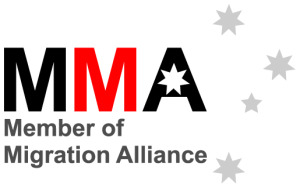Every year, thousands of visa applications are refused. The reasons for refusal range from incorrect documentation having been provided, misunderstandings as to the requirements and failure to respond to correspondence from the Department of Immigration.
Every day, we field enquiries about appealing visa refusals and cancellations.
Accordingly, we sat down with Immigration Lawyer Valeria Flora to discuss how to win at AAT.
- Know your time limits.
Depending on whether your visa application was refused, or your visa was cancelled, your time limits to appeal the decision will differ.
If you miss your deadline, there is nothing anyone can do to help you.
It is up to you to ensure that you receive correspondence from the Department (please check your junk mail folder!) and to ensure that you action any appeals within the prescribed time line.
When in doubt, ask!
- Get advice early.
As at today’s date, many applications are taking around 12 months to be allocated a hearing date. This means that you have one year to organise your affairs.
“All too often, clients do nothing until one or two weeks before the hearing and then want an extension. If you haven’t got a good a reason for requesting an extension, the hearing will go ahead – with or without you.”
Help us help you, get advice and get organised early. Sometimes the process of gathering evidence to support your case can take time. For example, we might need to get a copy of your file from your previous agent, or from the Department. We might even need to send you off to get medical or financial reports.
“Be honest with your lawyer, tell them everything about your matter – good or bad. Even if you don’t think it’s relevant, tell us anyway! You are your best author, if you don’t tell us we don’t know.”
Without sufficient time to prepare, you are not giving yourself the best opportunity for success.
- Understand the reasons why your visa was refused.
“It is imperative that you understand why your visa was refused or cancelled. The AAT can consider any document or evidence that is put before them at the time of the hearing or before they make a decision, not just those matters which were before the Case Officer from Immigration when considering your visa.”
For this reason, Valeria stresses that you must respond to the right legal issues, not what you think might be the issue.
For example, if you failed to lodge your Partner visa whilst holding a substantive visa, you will be affected by Schedule 3 criteria. This criterion requires you to show compelling and compassionate reasons why you should be allowed to have your visa processed, even though you failed to lodge in time. There is no point providing evidence about your relationship, you must address the legal criteria of compelling and compassionate reasons.
- Turn up to your hearing.
“It is surprising how many appeals are refused because the clients do not turn up to their hearing. It is even more surprising how many Migration Agents advise their clients not to appear. If you do not appear, your application will likely be refused.”
Whatever the reason for the refusal, Valeria urges you to turn up.
“You never know, you might provide oral evidence on the day that changes the direction of your case.”
What are the chances of winning at MRT?
Being represented by a migration lawyer at a hearing at the AAT has a significant impact on the outcome of your application.
Ms Valeria Flora has extensive experience in representing clients in complicated situations. She prides herself on providing realistic advice, which may involve taking a long-term strategic view about what you can achieve. Ms Flora is not afraid to look beyond the outcome of your AAT, including opening the door to other strategic options.
With hundreds of hearings under her belt, you can rest assured that your appeal is in safe hands.
For a confidential discussion about your options, contact us today.




